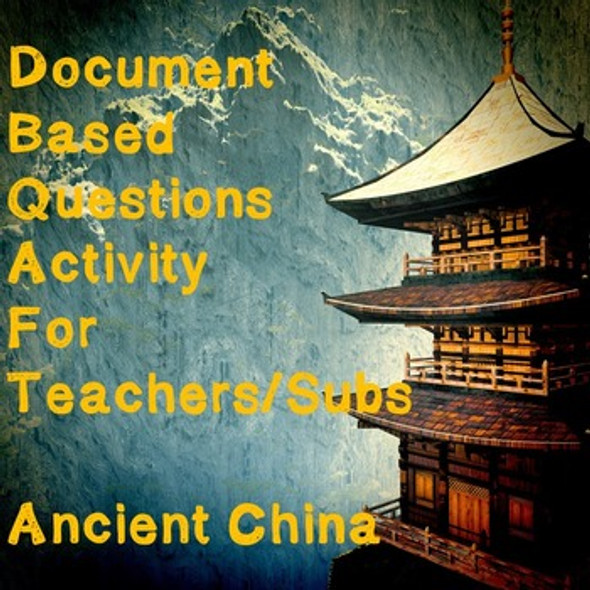Description
Ancient Economy (updated to the latest curriculum revisions in May 2025) is a unit created to align with Section 1 of “Systems” in the new Alberta Grade 5 social studies curriculum. It’s completely laid out with teacher notes and a sequence of activities, so very little prep is required by the teacher.
This resource includes:
-
Teacher Notes
-
Student Notes
-
Suggested YouTube Videos
-
History of Money
-
Trade Routes
-
Ancient Economy Criss Cross
-
Quiz
-
Answer Keys
The curriculum standards included are:
Knowledge:
-
Agricultural and technological advancements in ancient civilizations, including irrigation and domesticated animal labour, increased agricultural production and decreased labour requirements.
-
Urban settlements grew as labour specialized beyond agriculture.
-
The exchange of excess agricultural products or goods and services developed trade in ancient civilizations.
-
Economic practices that developed in response to growing urban settlements included exchanging goods at markets, storing valuables in banks, buying goods and services with the first forms of currency, and supporting government services with taxation.
-
Taxation first developed in ancient civilizations.
-
As ancient civilizations grew through expansionism, extensive networks of land-based and water-based trade routes developed, for example: the trans-Saharan trade route, the Royal Road, and the Silk Road.
-
Trade routes provided opportunities to exchange goods, such as food and spices, over greater distances, increasing the variety of products available in places around the world.
-
International trade increased contact between ancient civilizations, which allowed for the spread of cultures, and innovations and ideas. For example: religions and belief systems, gunpowder, and medicine.
-
Empires grew through trade and military conquest and took over more land. For example: Persia, Rome, Greece, and Arab.
-
African empires experienced economic disputes that resulted in the end of some empires and the beginning of others, for example: Kush and Axum, Ghana, Mali, Songhai, and Ife and the kingdom of Benin.
Understanding:
-
Technological advancements and interactions resulted in social, political, economic, and environmental transformations of civilizations and empires.
-
Taxes are ways the government collects money from citizens to protect communities and provide services.
Skills and Procedures:
-
Relate advancements in agriculture to the development of urban settlements.
-
Relate economic practices in ancient civilizations to economic practices in contemporary societies.
-
Identify trade routes that connected ancient civilizations.
-
Explain impacts of expanding trade in ancient civilizations.
Check out Off the Page for more resources.


















